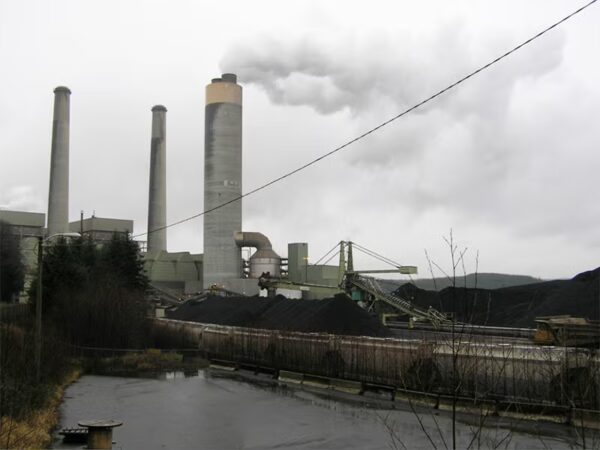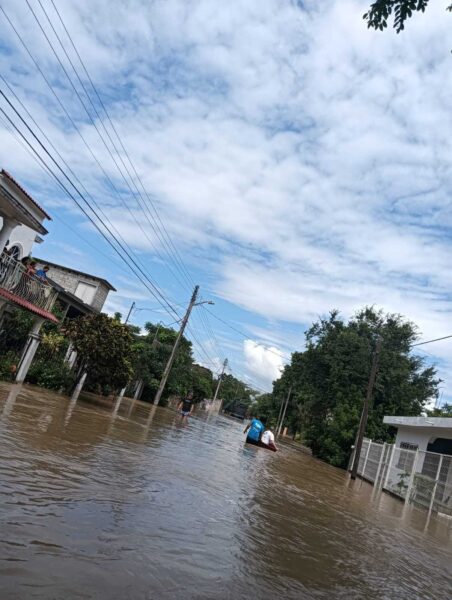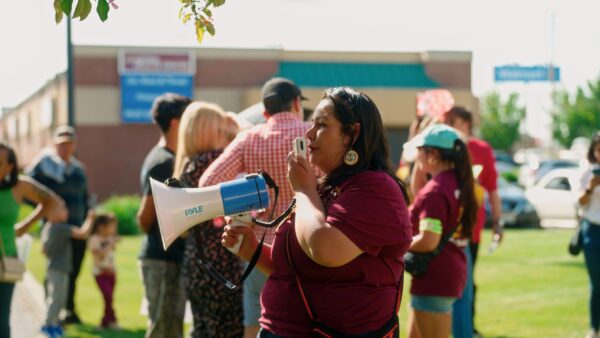FOR IMMEDIATE RELEASE – APRIL 27, 2024
Media Contacts:
Zachary Pullin, Communications Director, EPC, 206-639-3760
Environmental Priorities Coalition, Powerful Statewide Enviro Coalition Defends CCA Dollars, Advances Key Priority Bills including major extended producer responsibility for recycling
OLYMPIA, WA—Last night, the 2025 Washington legislative session officially ended. Washington’s Environmental Priorities Coalition (EPC) celebrates its legislative and budget victories: ensuring that the public has easy access to sewage spill information, modernizing the state’s recycling system, and defending Climate Commitment Act dollars in an extraordinarily challenging budget environment.
The EPC supports and succeeded in helping to pass: 1) The Recycling Reform Act (SB 5284), and 2) The Sewage Spill Right-to-Know Act (HB 1670). We strongly urge Governor Ferguson to sign them into law. These laws are designed with a meaningful return on investment—funding a website to track sewage spills and ensuring that packaging companies pay their fair share of the burden of waste and litter in our communities are strong examples of progress during hard fiscal times.
We also applaud legislators for supporting environmental progress and direct support for communities impacted by climate change with dollars. The final budget includes some major wins:
- The Climate Commitment Act revenue was preserved and used for its intended purposes of reducing dangerous greenhouse gas pollution and investing in communities and proven climate solutions.
- An emerging program that funds cleaner medium and heavy-duty trucks – a key source of pollution in the transportation system – was funded to support affordability and accessibility for drivers and businesses.
- $23 million was secured to support carbon-dense forests and rural counties with the purchase of harvestable lands managed to produce timber for local mills and enhance climate benefits for the state.
EPC Priorities
On the Advanced Clean Trucks Rule, an EPC Priority, EPC member organizations acknowledge that legislators maintained the tide of progress set by their communities on reducing emissions for medium and heavy-duty trucks. $10 million of new funding was allocated to an emerging grant program, which when added to existing funding leaves $126 million available for new grants to owners and operators of medium and heavy-duty trucks. Given federal efforts to slow momentum in this area, this is a positive sign that lawmakers are committed to following through even during difficult budget years to ensure access to cleaner heavy and medium truck options.
“The Legislature refused to be pushed into reverse this session, and instead hit the accelerator on clean energy progress and healthier air quality,” says Leah Missik, Acting WA Director with Climate Solutions (member organization of the EPC). “Thanks to boosted incentives for clean trucks and a stronger Clean Fuel Standard, our state will continue to cut diesel pollution and help drivers access new vehicles with no tailpipe pollution and cheaper fueling and operating costs.”
Just six months ago, voters overwhelmingly supported holding polluters accountable and investing in climate action by voting to uphold the Climate Commitment Act (CCA). Legislators respected the will of the voters by not diverting CCA dollars to the struggling state General Funds. The Invest in Climate Action EPC Priority set out to protect the will of the voters; state budget leaders worked to find responsible, fairer revenue options to address the budget shortfall.
“It’s clear legislators are listening to the voters,” said Darcy Nonemacher, Government Affairs Director for Washington Conservation Action. “The pressure to siphon climate funding was immense, and we applaud the work of budget writers to safeguard these dollars for clean energy, clean air, and supporting communities grappling with climate impacts.”
EPC Priority, Recycling Reform Act (SB 5284), was passed by lawmakers after six years of advocacy by EPC and partners. With leadership from Sen. Liz Lovelett (LD 40) of Anacortes and Rep. Liz Berry (LD 36) of Seattle, the Recycling Reform Act will update Washington’s recycling system and will make manufacturers responsible for the packaging they create. It would require brands and manufacturers to cut down on unnecessary packaging, fund statewide recycling services, and ensure that what goes in the bin actually gets recycled. The bill was supported by Surfrider Foundation, Puget Soundkeeper, Environment Washington, Seattle Aquarium and Zero Waste Washington of the EPC.
”For six years the environmental community and our partners have worked tirelessly with legislators to craft and hone this bill,” says Heather Trim, executive director, Zero Waste Washington (member organization of the EPC). “We know that the public cares about waste and pollution. Implementing the Recycling Reform Act will bring access to recycling across the state. This is a win for people, our environment, and for those who care that corporations do their part to support a clean Washington.”
Under the recycling program set up by this bill, residents will have the same list of recyclables, no matter where they live, and there will be new transparency about what happens to the bottles, cans, boxes and other packaging in our recycling bins. Washington is the seventh state to pass this policy, following Maine, Oregon, Colorado, California, Minnesota and Maryland.
EPC Priority, Sewage Spill Right-to-Know (HB 1670), sponsored by Rep. Victoria Hunt (LD 5) of Issaquah, and championed by Washington Conservation Action, Surfrider Foundation, Puget Soundkeeper, and Seattle Aquarium of the EPC, will bring much-needed clarity to sewage spill information across the state. The Department of Ecology testified that each year, hundreds of sewage spills occur statewide. Most are reported through a system that the state uses to track responses, but the system is not available for public view.
“Washington Conservation Action identified more than 200 sewage spills over the past five years from just 12 dischargers, but the public hears about it much after the fact if at all. That is not a system designed to support people’s health or the environment,” says Mindy Roberts, Puget Sound program director, Washington Conservation Action (member organization of the EPC). “Timely information about current or recent sewage spills can mean the difference between becoming sick or staying healthy. With the summer approaching, more people will be enjoying activities in our shared waters. This is the right solution to reduce harm to our communities or the environment.”
By July 1, 2026, the Department of Ecology must create a public-facing website with current and recent sewage spill information in one place, including the volume of discharge, treatment level, date and time of the incident, location, potential impact areas, and containment steps. Washington joins 10 states across the country that have Sewage Spill Right to Know laws and regulations on the books, including South Carolina, Connecticut, and others.
Partnership Agenda: One of the EPC’s Partnership Agenda bills, the Prescribed Fire Claims Fund Pilot Program (HB 1563), passed and was signed by Governor Ferguson. The Prescribed Fire Claims Fund Pilot Program provides coverage for losses in the rare event of a prescribed burn or cultural fire escaping. It aims to encourage qualified practitioners to conduct these fires to reduce wildfire risk and increase forest health. The pilot program, modeled after similar initiatives in Oregon and California, seeks to address the liability insurance challenges that can hinder the use of prescribed fire.
###
Environmental Priorities Coalition is made up of 27 statewide environmental organizations working to safeguard the environment and the health of its communities through policy and budget advocacy at the Washington State Legislature. Every year, the Coalition comes together to select priorities to advance during the legislative session.
www.environmentalpriorities.org
Your donation ensures a sustainable future.


